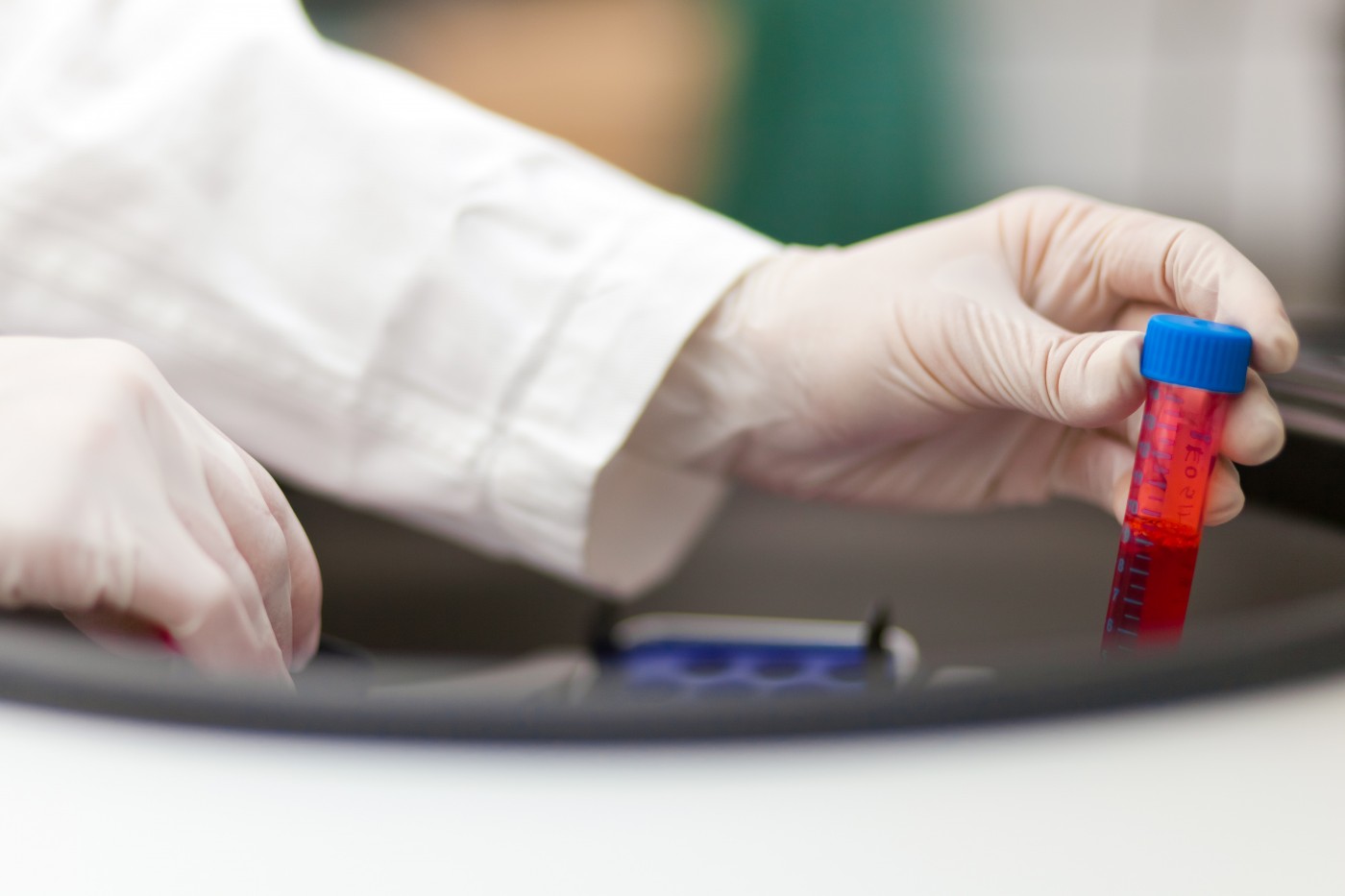First PAH Patient Being Treated with Ubenimex in Extension of Phase 2 Study
Written by |

Eiger BioPharmaceuticals recently announced that a first patient has completed the 24-week dosing in the Phase 2 LIBERTY study assessing ubenimex as a therapy for pulmonary arterial hypertension (PAH). That patient is now continuing with treatment in an open-label extension trial.
“There has been tremendous enthusiasm in the entire community — patients, families, investigators, and study staff at pulmonary hypertension centers — for the LIBERTY study and a new approach to treating PAH. The extension study shows our commitment to the community by offering an option to receive open-label ubenimex for at least 24 weeks after completing the double-blind study,” Joanne Quan, MD, chief medical officer at Eiger, said in a press release. “We look forward to completing enrollment in LIBERTY in mid-2017.”
LIBERTY (NCT02664558) is a randomized, double-blind, placebo-controlled study evaluating the efficacy, safety and tolerability of ubenimex, administered orally for 24 weeks, in patients with PAH (WHO Group 1). Treatment began in July. Those who complete the trial may be eligible to enroll in the extension study and receive the drug for an additional 24 weeks, allowing researchers to collect further efficacy and safety data.
The study’s primary endpoint is changes in pulmonary vascular resistance, and secondary goals include improvements in exercise capacity as measured by the 6-minute walk distance test and changes in the Borg dyspnea score, which measures shortness of breath.
Ubenimex is a well-characterized, oral small molecule inhibitor of leukotriene A4 hydrolase (LTA4H), the enzyme responsible for the formation of the pro-inflammatory mediator leukotriene B4 (LTB4). LTB4 is known to be elevated in PAH patients and in animal models of the disease.
Previous studies have suggested that elevated LTB4 levels might play a role in the inflammatory component of PAH, which could lead to obstructed arterioles and vasoconstriction. The Phase 2 study aims to test if blocking LTB4 could represent a promising new therapeutic approach.
“The LIBERTY study represents a potentially transformative, clinical translational effort with the goal to demonstrate, for the first time, disease modification in PAH,” said Roham Zamanian, MD, the study’s lead investigator of the study and director of the Adult PAH Program at Stanford.
“While multiple approved vasoactive agents have utility in the clinical management of the symptoms of PAH, they do not address the underlying inflammation which is an important signature of this cardiovascular disease,” he said. “We have arrived at a moment of shift of therapeutic paradigm, where we may have a chance to realize a potentially disease modifying approach.”
Ubenimex is approved in Japan, under the brand name Bestatin, as an adjunct to chemotherapy to extend survival and maintain remission after treatment for acute non-lymphocytic leukemia in adults. The drug has also been granted orphan drug designation for PAH by the U.S. Food and Drug Administration (FDA) and by the European Medicines Agency (EMA), but it is currently not approved for any indication in either the U.S. or Europe.



